Back to Courses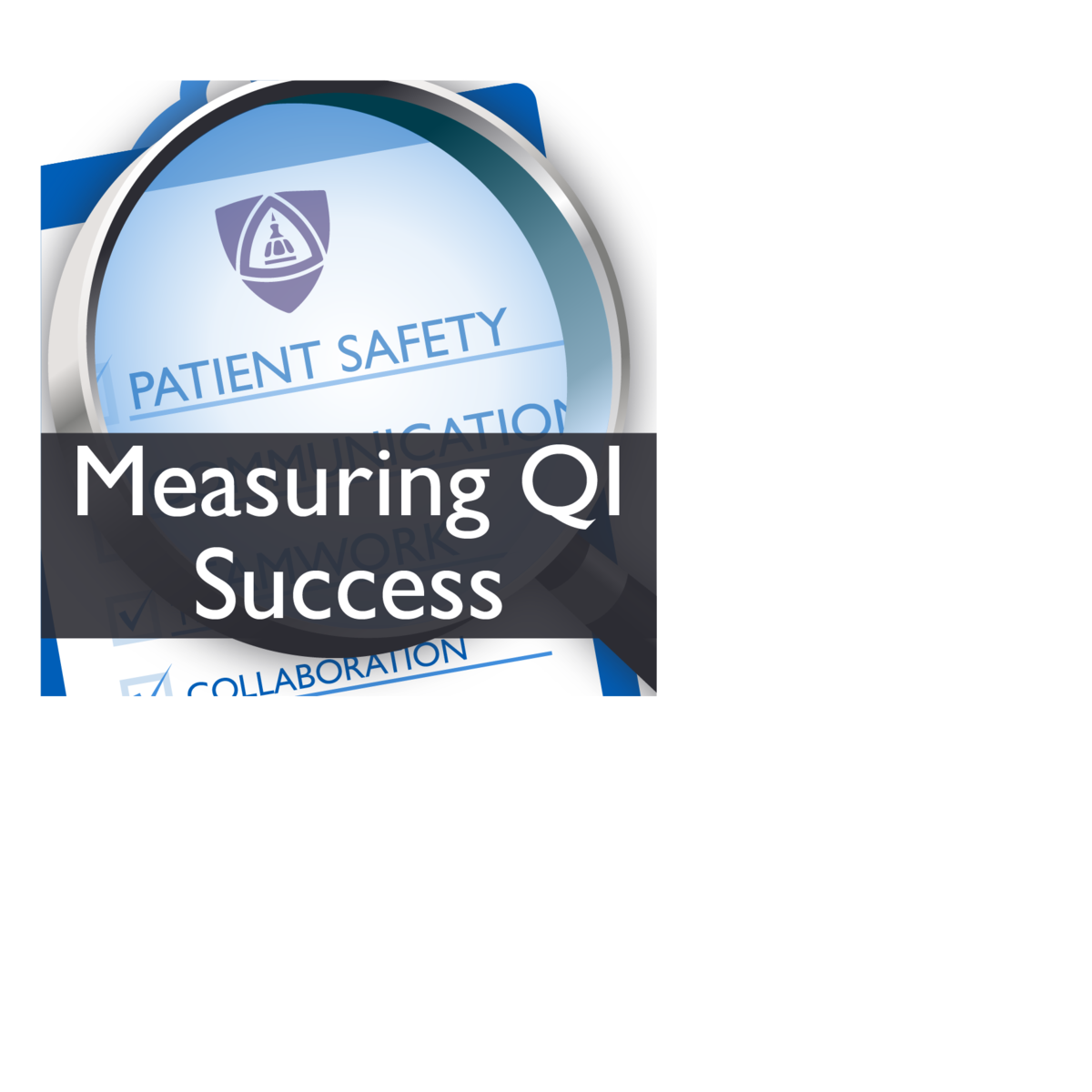
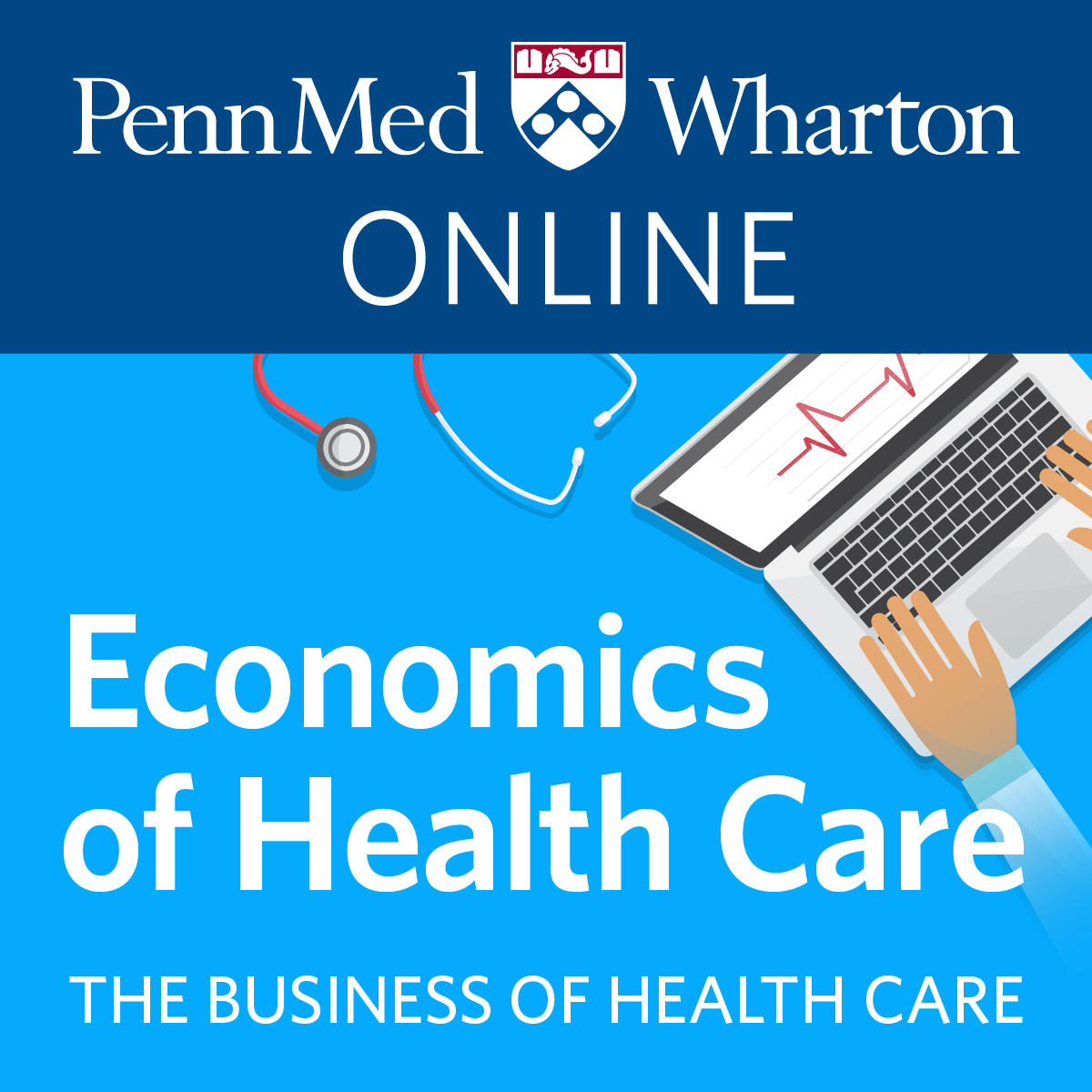

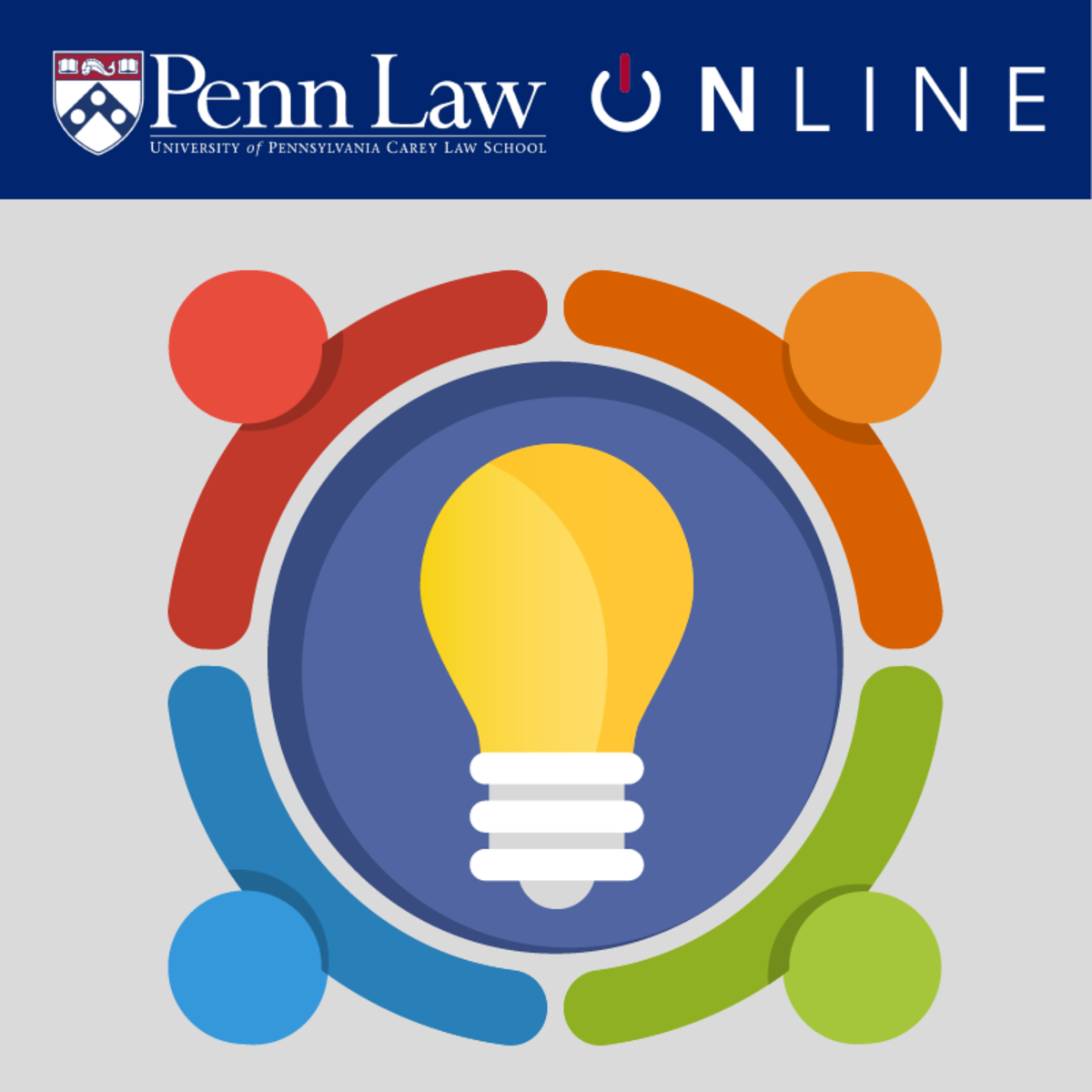

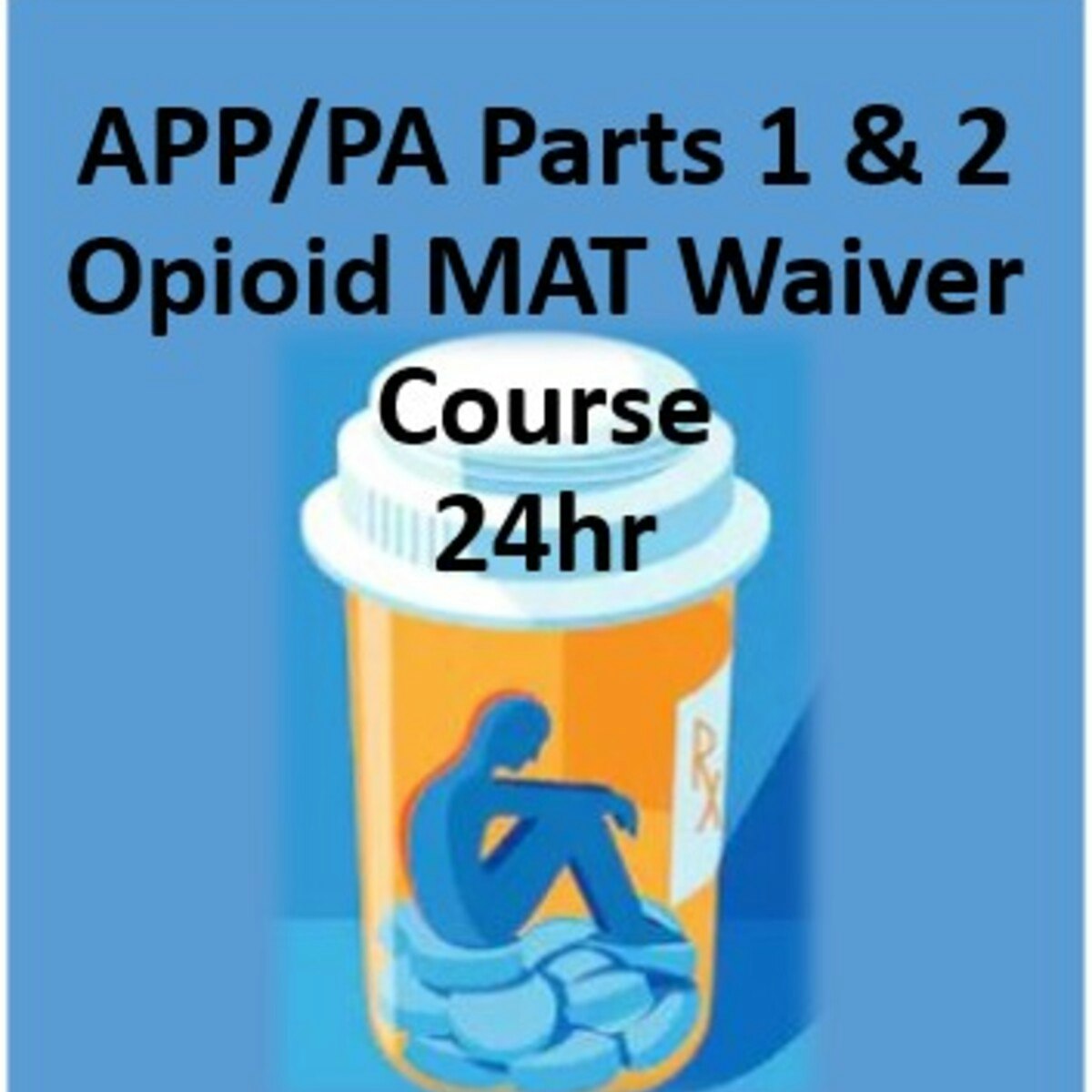
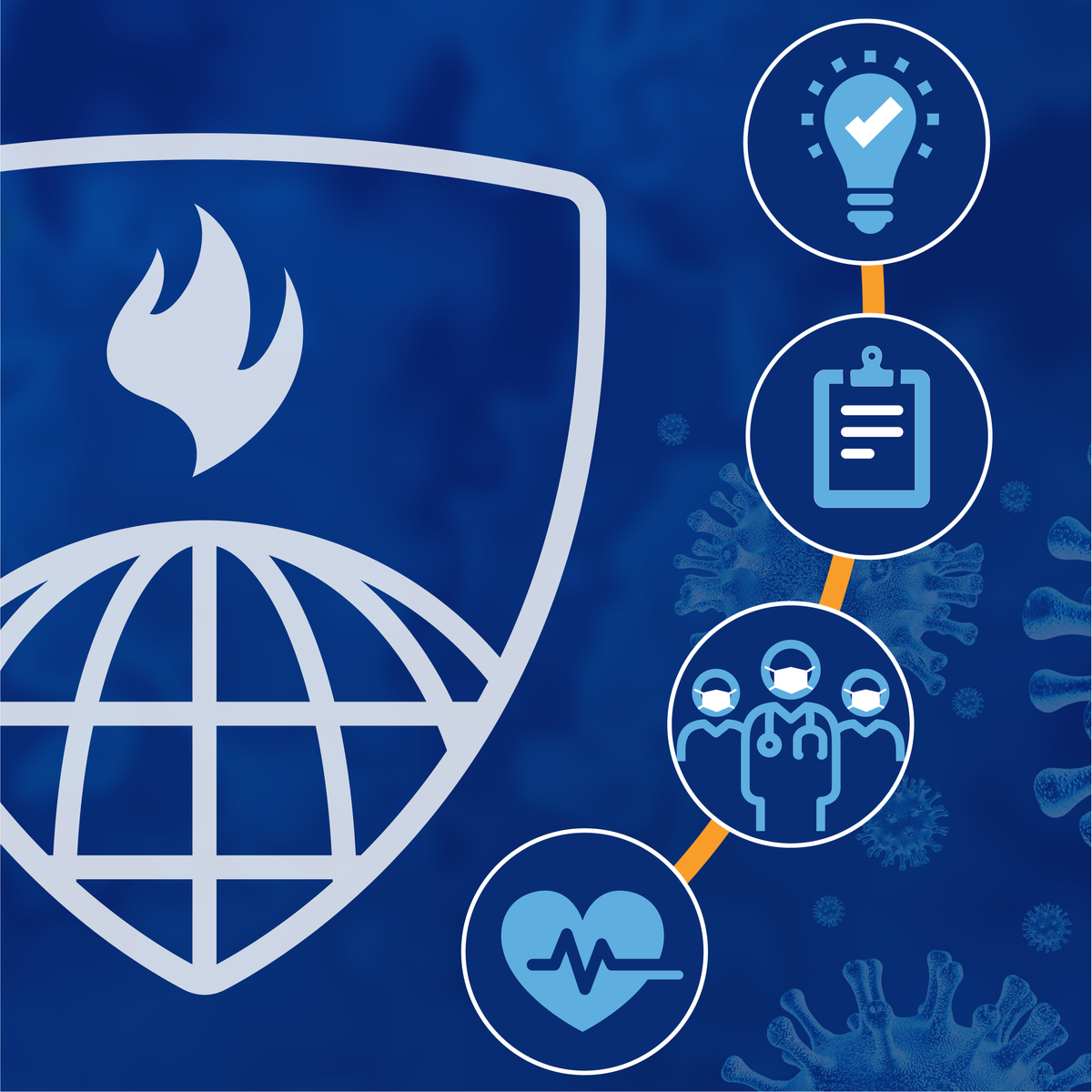
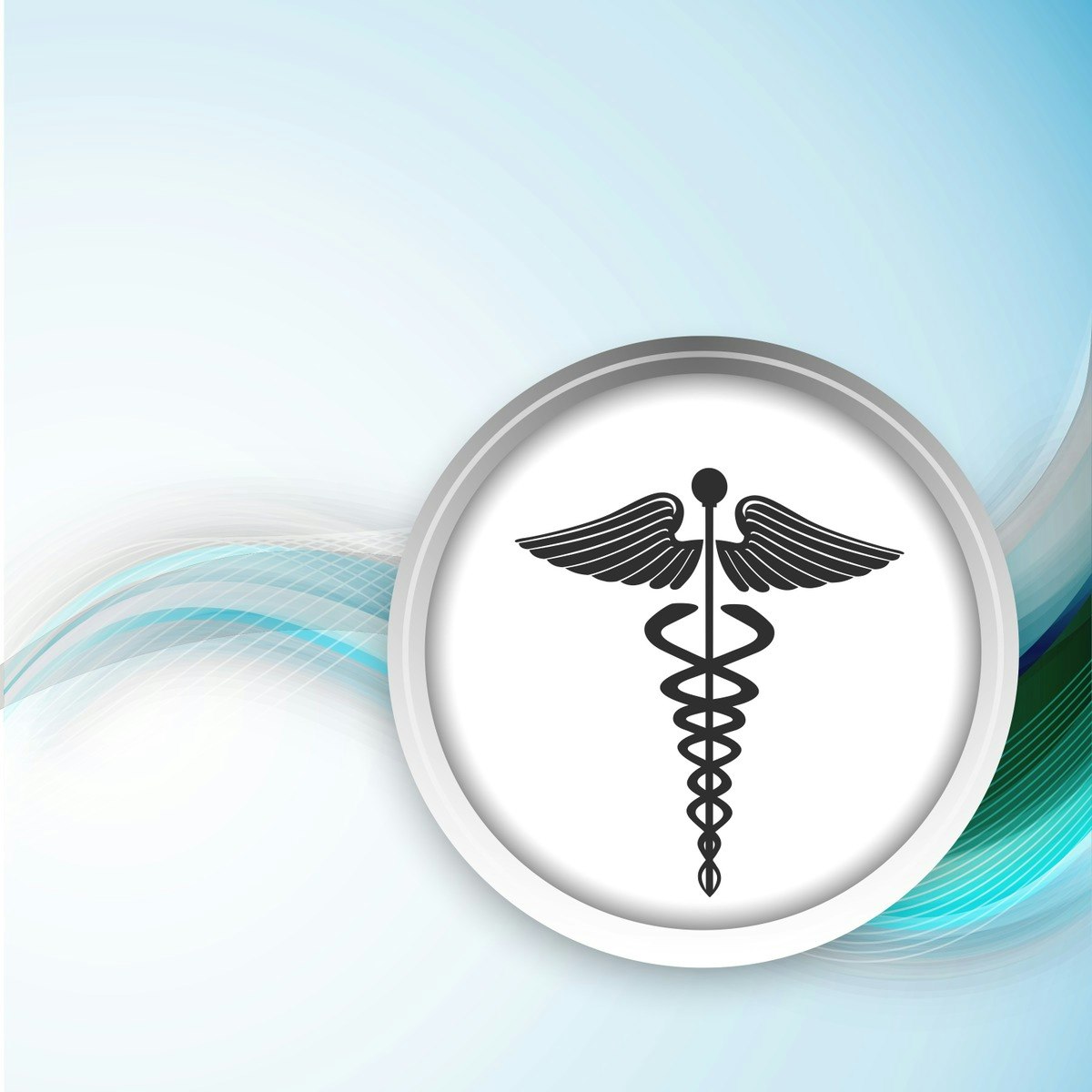
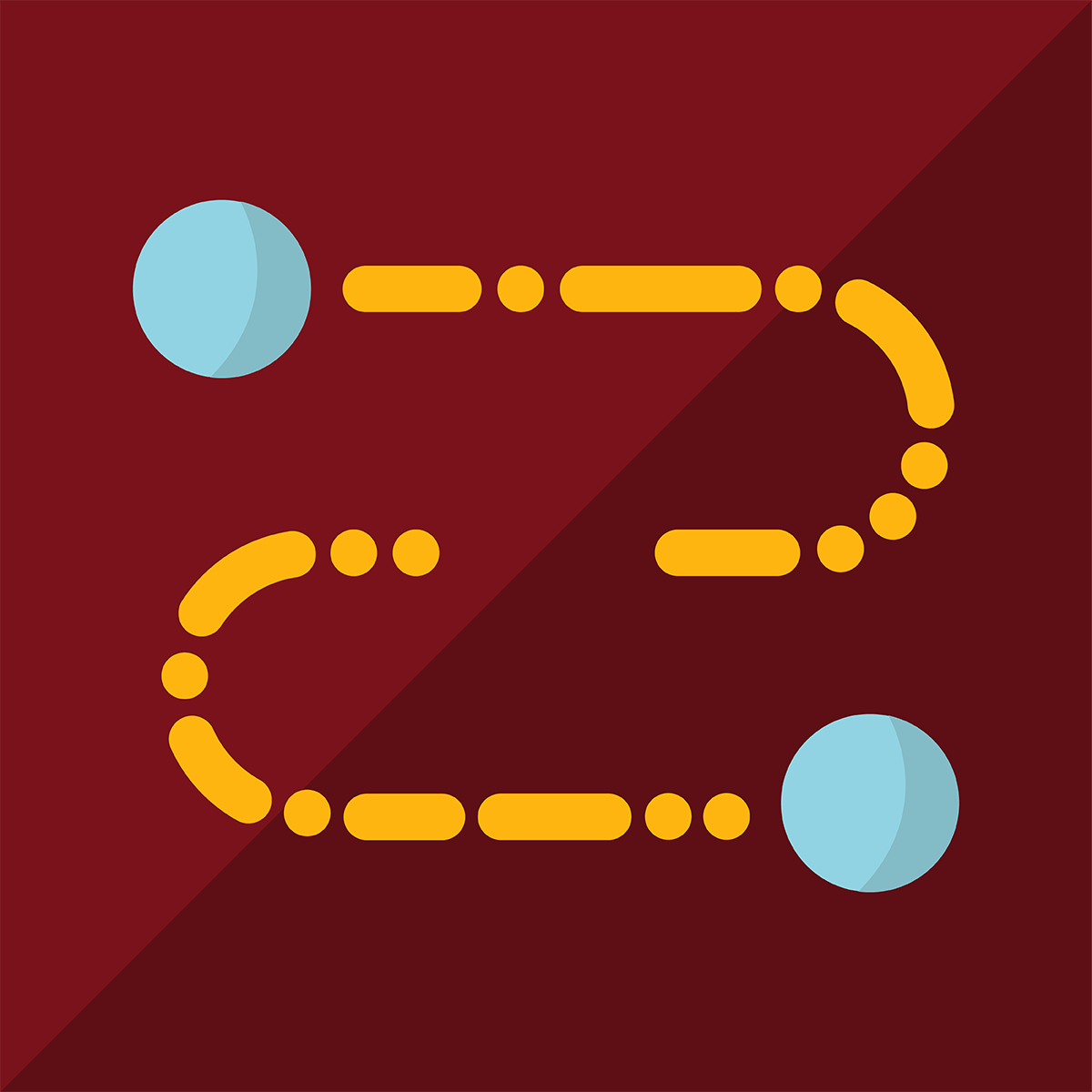
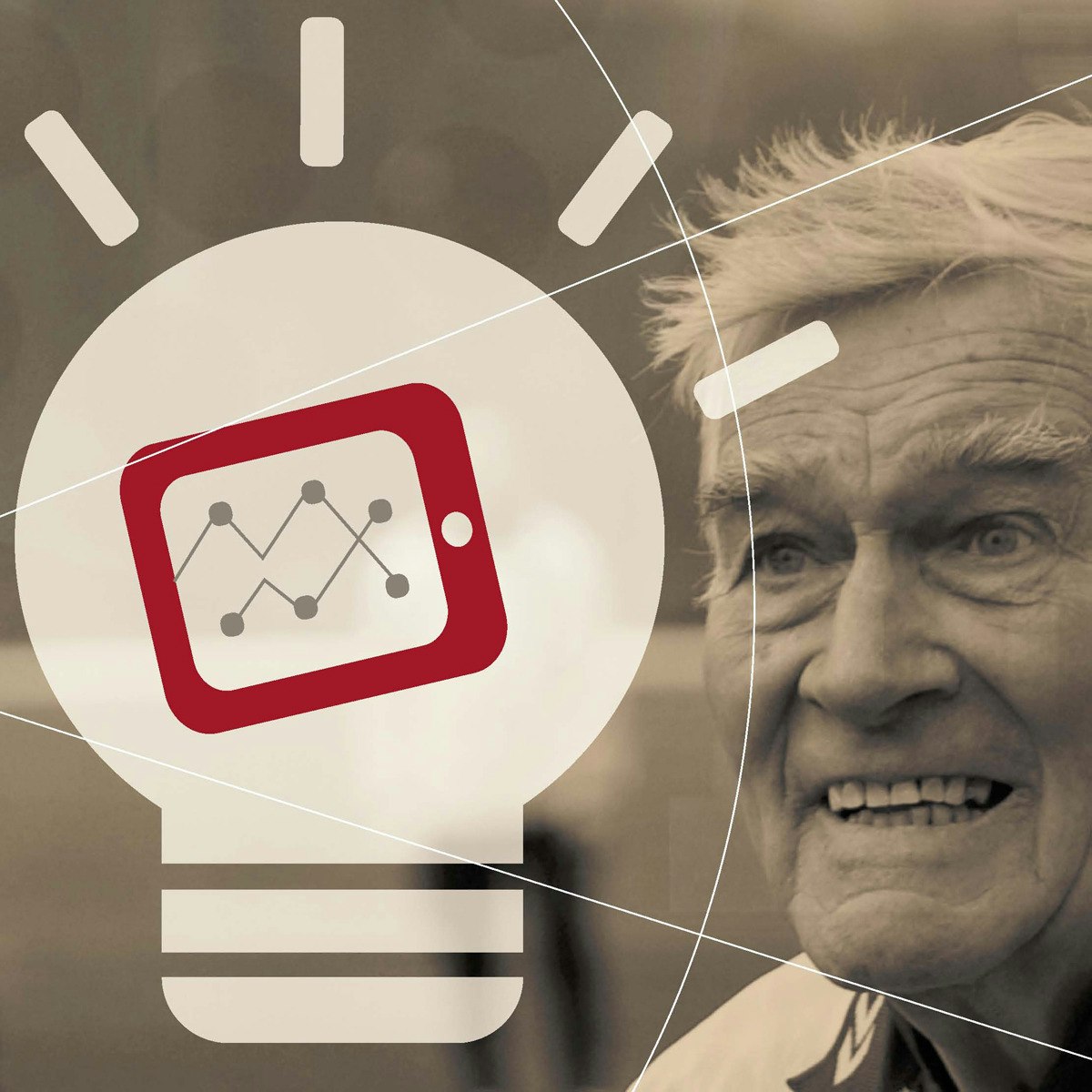
Healthcare Management Courses - Page 4
Showing results 31-40 of 64

Measuring the Success of a Patient Safety or Quality Improvement Project (Patient Safety VI)
How will you know if your patient safety and quality project is meeting its objectives? Peter Drucker once said “What gets measured, gets managed.” In this course, students will learn why measurement is critical to quality improvement work. Equally important, they will learn which data sources provide the most meaningful information and tools for how and where to locate them. Finally, students will learn how to interpret data from their patient safety and quality projects to guide and modify them during implementation to maximize their chances of making a difference for patients.

The Economics of Health Care Delivery
In this course, you’ll learn about the key components of health care, and the economics behind their principles and pricing strategies. Professors Ezekiel Emanuel of Penn Medicine and Guy David of the Wharton School have designed this course to help you understand the complex structure of the health care system and health insurance. Through study and analysis of providers and insurance through an economic lens, you’ll learn how basic economic principles apply to both principles and payment methods. By the end of this course, you’ll be able to identify different types of health care providers and understand the dynamic between the providers and patient so you can employ best practices and maximize profit for your health care organization.

Drug Discovery
The University of California San Diego, Skaggs School of Pharmacy and Pharmaceutical Sciences Drug Discovery course brings you lectures from both faculty and industry experts. With this course, recorded on campus at UCSD, we seek to share our access to top people in the field who bring an unprecedented range of expertise on drug discovery.
In this course you will learn the drug discovery process up to the filing of an Initial New Drug Application or IND. Each week you will learn the steps that a pharmaceutical or biotech company goes through to discover a new therapeutic drug. In this course you will be able to:
* Understand the pharmaceutical and biotechnology market a changing landscape
* Learn the major aspects of the drug discovery process, starting with target selection, to compound screening to designing lead candidates.
* Recognize current modern drug discovery based on the lock-and-key theory, which attempts to use one single compound to hit one target to combat the related disease.
* Increase understanding of the various drug discovery tools and methods that are used for finding, identifying and designing a new drug.
* Define and understand the regulatory responsibilities for drug discovery to file an Investigational New Drug Application (IND).
This course is intended as part 1 of a series: Drug Discovery, Drug Development (https://www.coursera.org/learn/drug-development) and Drug Commercialization (https://www.coursera.org/learn/drug-commercialization). We would highly recommend that you take the courses in order since it will give you a better understanding on how a drug is discovered in the lab before being tested in clinical trials and then launched in the market place.

Intellectual Property in the Healthcare Industry
This course begins with an overview of general intellectual property law in the United States, then examines how the policy choices behind those laws shapes the behavior of major players in the healthcare industry. We will examine how patents and trademarks shape the behavior of pharmaceutical companies, and how complex issues involving medical research in university settings, and ownership of genetic information and material, are resolved by intellectual property laws. The course concludes with in-depth case studies of an international pharmaceutical company, a major medical device company, and a start-up in the emerging DNA-testing industry.

History of Racial Inequity in Healthcare
The first course of the Addressing Racial Health Inequity in Healthcare specialization will first situate the role of public health in healthcare, and walk through important concepts and definitions that you will see throughout the course and subsequent courses. You will walk through the social and biological perspectives on the concepts of race and racism, and unpack the history of unequal treatment in the U.S. You will learn about the health insurance system in the U.S., differential access to care, and professional challenges to diversity in healthcare. And finally, you will explore examples of resilience in healthcare that were critical to preserving the health of marginalized populations.

Advanced Practice Provider/Physician Assistant: Opioid Use Disorder Medication Assisted Treatment Waiver Training (24hr)
This online course opportunity is made possible through a joint partnership with University of Virginia School of Medicine (UVASOM) and Nursing (SON) and the American Academy of Addiction Psychiatry (AAAP), Data 2000 sponsor for this MAT waiver training. This content was created by the AAAP and has been used with permission. This course is designed to highlight important issues affecting prescribing clinicians regarding the new requirements and guidelines in opioid prescribing and management for acute and chronic pain management. This course is divided into two parts; part 1 consists of 8 individual sessions of the required 24 hours of content; part 2 consists of the remaining 16 hours of content for advanced practice providers and physician assistants who wish to apply for a waiver to prescribe buprenorphine for the treatment of opioid use disorders. There are 3 case modules in part 1. Both part 1 & 2 contain graded post-module questions, the total of which must be completed with 80% accuracy. A certification of completion will be issued for successful completion of the entire training. Successful completion of both parts 1 and part 2 will satisfy the 24 hour requirement for MAT waiver training for advanced practice providers and physician assistants to prescribe buprenorphine for the treatment of opioid use disorders.
Estimated time to complete this activity: 9.5 hours
Release date: March 1, 2020
UVA Grant Dates: 09/30/2019 – 09/29/2022
Funding for this initiative was made possible by a grant from SAMHSA. The views expressed in written conference materials or publications and by speakers and moderators do not necessarily reflect the official policies of the Department of Health and Human Services; nor does mention of trade names, commercial practices, or organizations imply endorsement by the U.S. Government.

Strategies for Assisted Living Communities during COVID-19
SARS-CoV-2, the virus that causes COVID-19, poses a high risk for assisted living communities due to residents’ age, health status, and communal living environment. The COVID-19 response has largely focused on nursing homes, leaving assisted living communities in the United States with fragmented guidance on how to respond to COVID-19 challenges. This course provides comprehensive instruction and resources for administrators and direct-care staff of assisted living communities.
Learners will hear from experts about best practices to prevent COVID-19 outbreaks and promote well-being. Topics discussed include development of emergency preparedness plans, infection and outbreak prevention, staffing considerations, testing, and contact tracing. The course also covers strategies for communicating with stakeholders, promoting resident and staff well-being, and leveraging health departments and other agency resources, including a collection of resources for COVID-19 vaccination guidance. Learners are encouraged to concurrently develop and enhance their own community’s policies, procedures, and practices.
This course was developed in partnership with the Baltimore City Health Department.

Healthcare Marketplace
In this course in the Healthcare Marketplace specialization you will identify, define, and describe potential business and public policy solutions to the challenges facing society’s growing demand for health services. Students will master a body of knowledge on the health care sectors major components through reading and reflection.
Healthcare has many different cultural components that will be discussed as historic trends as well as future demographic challenges. You will understand diverse philosophies and cultures within and across societies as they relate to healthcare. This outcome is particularly critical because of the tradeoffs needed to be assessed as medical technology advances faster than budgets and perhaps cultures are sometimes willing to tolerate.
At the end of the day, you will gain an appreciation for the role of creativity, innovation, discovery, and expression across disciplines in the development of new medical care solutions through and examination of the physician, medical technology and financing sub-sectors of the health economy.

Acupressure
This course provides an overview of the basic principles and applications of acupressure for patient symptom management and self-care.
By the end of the course, you will be able to: a) explain basic concepts of East Asian Medicine (EAM); b) describe clinical indications for acupressure and the evidence base for its use in symptom management; c) identify various methods of administering acupressure, and clinical contraindications/precautions associated with each; d) demonstrate acupoint protocols for the management of pain, gastrointestinal disturbances, and wellbeing; e) demonstrate an acupressure treatment session; including assessment, administration of acupoint therapy, and evaluation of treatment effect; and f) determine a plan of action for incorporating acupressure into your professional practice and self-care routines.
Continuing Education Credits
This course has been designed to meet Minnesota Board of Nursing continuing education requirements for 15 contact hours and may be eligible for CE credit from other professional boards that allow self-documenting of continuing education activities. It is your responsibility to check with your regulatory board to confirm this course meets your local requirements and, if necessary, to provide them with the certificate of completion you get if you pay for and fulfill all the requirements of this course.

Business Models for Innovative Care for Older People
Aging has been coined as one of the major societal challenges. The fact that we simply live longer, is in itself not a problem but rather a triumph. However, this unprecedented demographic change significantly affects individual life histories through an increased number of e.g. lifestyle related chronic diseases. These extra life years, also have a massive imprint on the organization of welfare institutions and the financial sustainability of the welfare system.
This course will introduce you to healthcare innovation within the field of healthy living and active aging. By following two specific cases on diabetes and rehabilitation, this interdisciplinary course will provide you with key theories, tools and concepts for analyzing and developing viable innovative solutions for aging populations. The lectures will cover demographic, biological, economic, social and cultural aspects of active aging and healthy living, along with lectures on current innovation theories and methods.
During the course you will meet leading researchers and experts from among others: University of Copenhagen, Copenhagen Business School, Steno Diabetes Center in Copenhagen and Erasmus University of Rotterdam.
They work with very different aspects of active aging and healthy living, from biomedicine to digital design, but what ties them together is the belief that an interdisciplinary approach to healthcare innovation will benefit the aging population.
The course is part of the EIT Health Campus programme https://www.eithealth.eu/campus.
We hope you will enjoy this course and equip yourself to take a more professional approach to healthcare innovation.
Popular Internships and Jobs by Categories
Find Jobs & Internships
Browse
© 2024 BoostGrad | All rights reserved